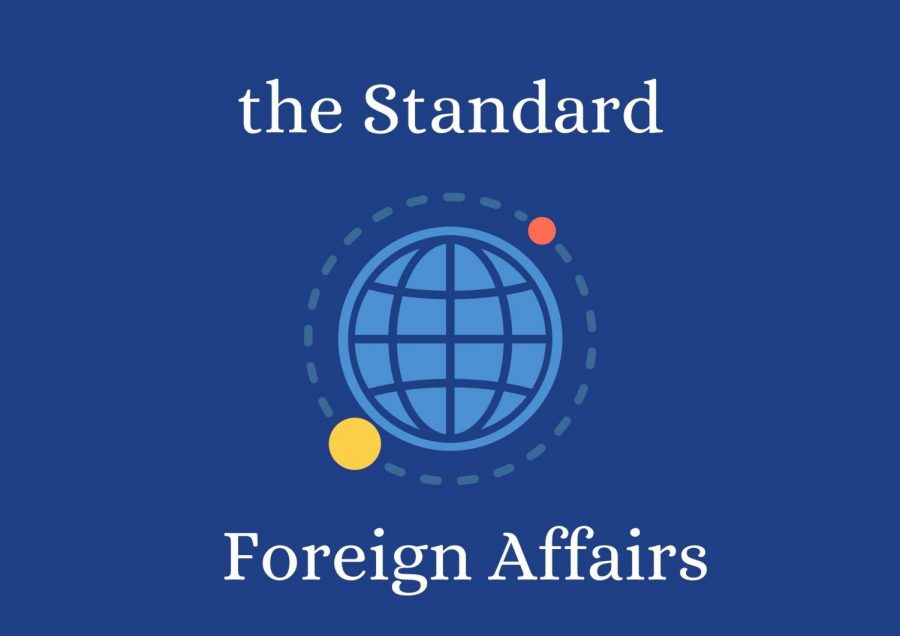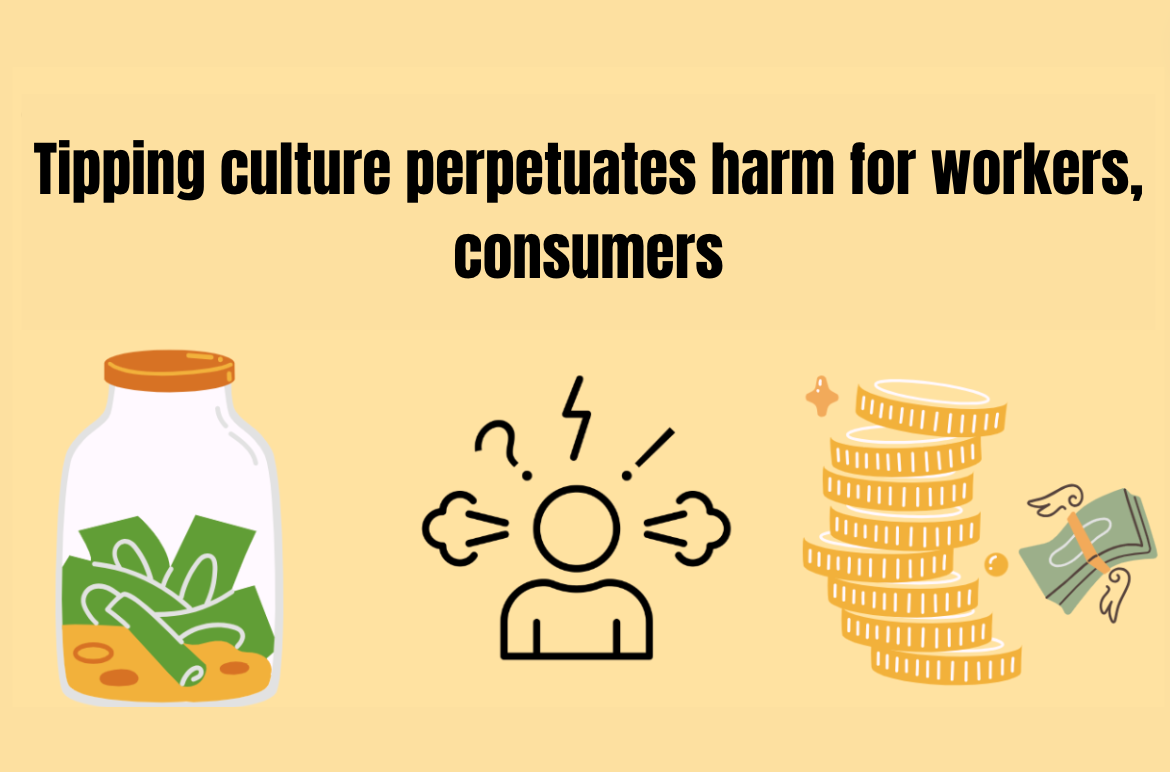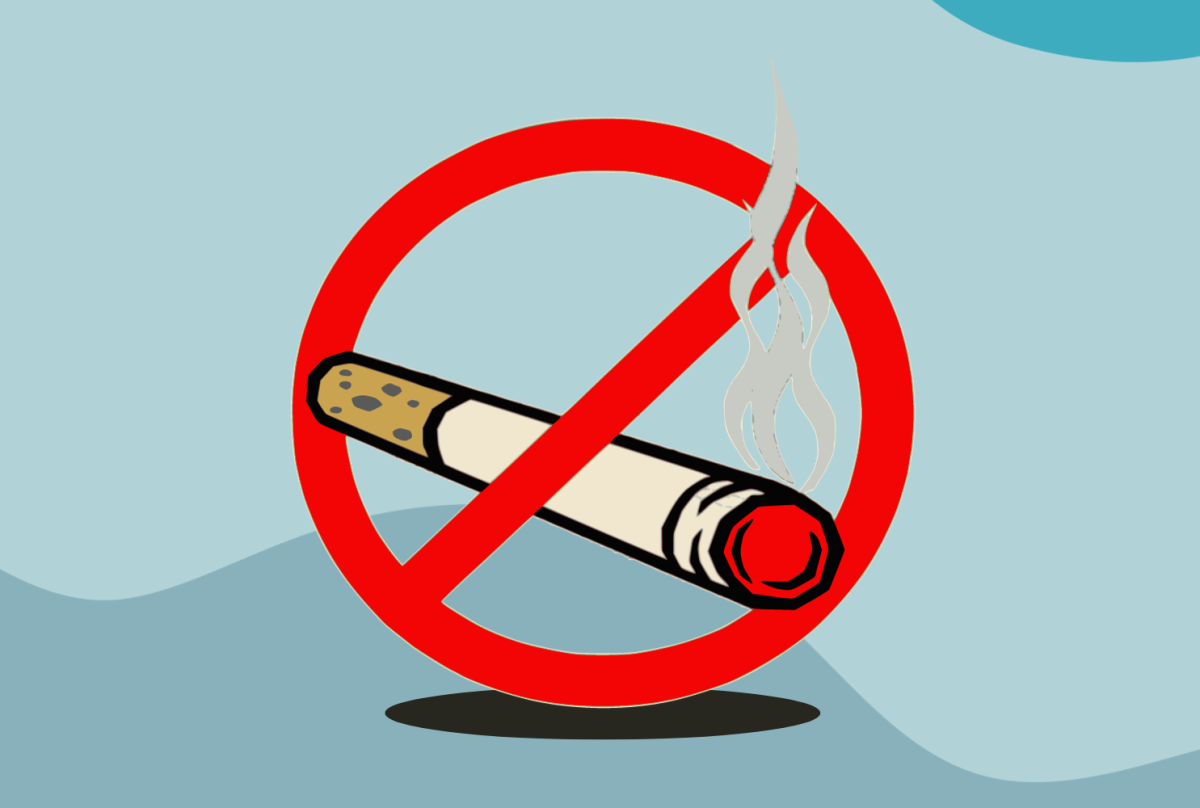Hello, and welcome back to my Foreign Affairs column. Since my last post, the geopolitical climate of the world has certainly not remained quiet. I’m sure that you have seen and read the plethora of headlines and articles regarding the Russo-Ukrainian conflict and Russian invasion on Ukraine. In today’s column, I hope to debrief the intensification of the conflict, the international response and impact Russian invasion poses on non-NATO countries, and the complex role that these nations play in the conflict.
The conflict in Ukraine officially erupted back in 2014 following the Russian annexation of Crimea. The conflict quickly transitioned into a long stalemate with a few skirmishes and shillings occurring at the front line separating Russian and Ukrainian-controlled border regions in the east.
Since then, tensions between Russia and Ukraine remained present and placed hard pressures on Ukrainian sovereignty and the country’s political climate. The likelihood of Russia launching a full-scale military invasion into Ukraine seemed possible yet distant to the rest of the world.
However, as the conflict intensified in the last year, many began fearing the worst… and rightly so.
In mid-December 2021, Russia’s foreign ministry established a set of demands aimed at the U.S. and NATO to cease military activity in Eastern Europe and Central Asia and, ultimately, to prevent Ukraine from joining NATO in the future.
Consequently, NATO has rejected these demands and warned Russia that they would impose sanctions in the case of an invasion. Throughout the next couple of months, negotiations between the U.S Russia and European powers including France and Germany did not result in any resolution, leading to Russia’s full-scale land, sea and air assault on Ukraine.
Since Feb. 24, international cooperation against Russia has been at an all time high. Eyes all around the world have remained glued to the TV.
Since Feb. 24, international cooperation against Russia has been at an all time high. Eyes all around the world have remained glued to the TV concerned for the Ukrainian people, while pondering how the conflict might ultimately affect their country and their safety. In fact, never before has such a conflict been displayed and exposed to the world through social media and the internet on such a transparent level. It is imperative to recognize that the geopolitical order of the world will forever be impacted by this conflict.
An article by the Wilson Center debriefs the global/international reaction to the invasion of Ukraine:
Africa
The Kenyan Ambassador to the United Nations, Martin Kimani, critiqued the Russian escalation in Ukraine in an address to the U.N. Security Council Feb. 21. Kimani’s speech stood out as he drew parallels between Africa’s own experience with borders being drawn by outside powers and the aftermath of empire collapse.
Ghana and Gabon, two other non-permanent African members of the UNSC, demonstrated their support for Ukraine’s sovereignty and emphasized their concerns over the effect the Russian escalation of the conflict will cause on the global order. Yet, a statement by the South African government blamed neither Russia nor Ukraine and called for the UNSC to play a greater role in enhancing diplomacy and ensuring to avoid a war “that will result in death and destruction.” It seems we’re past that point.
It is imperative to recognize that the geopolitical order of the world will forever be impacted by this conflict.
China
China has served as Russia’s largest trading partner for over a decade, with energy and minerals making up the majority of Chinese imports. However, China’s initial official response to the invasion of Ukraine has been silence. Chinese President Xi Jinping designated the responsibility to his Foreign Ministry to do the talking.
Jinping and Putin announced an “unlimited quasi-alliance” Feb. 4, opposing the further enlargement of NATO while remaining aware of the negative impact the U.S. and the Indo-Pacific strategy could place. While China is not guilty by association in Ukraine, the invasion places Jinping in a complex position.
South Korea
While South Korean President Moon Jae-in expressed concerns over Russia’s attacks and stated that South Korea would participate in international sanctions against Russia, the country has claimed that it will not be adopting unilateral measures.
South Korea’s main concern is the impact the crisis will place on the global economy and the country’s security. Disruptions in supply chains and price spikes in international markets will ultimately affect South Korea.
As Russia’s 12th largest trading partner, the country’s exports contain advanced U.S. developed technological resources that can, ultimately, be banned for sale in Russia. The country will also face a rise in energy and food prices as flows of Russian oil and natural gas are interrupted.
South Asia
Both Pakistan and India are in a difficult position. In recent years, Pakistan has ended its deep partnership and relations with Russia while India has maintained long-standing relations with Moscow. However, India has also sustained close ties with Washington.
While the country’s silence may not damage relations with the U.S., India will likely face pressure from Washington to reduce its arms imports from Russia – something the country has done in previous years. Furthermore, India’s political interest could be further impacted by the crisis as strengthening relations between Russia and India’s rival, China, could harm the Western focus on an Indo-Pacific policy supported by India and that aims to counter China.
As of right now, we are living in a world characterized by geopolitical proxy wars. It remains uncertain how the conflict will escalate further. We can imagine the worst and the possibility of Putin taking nuclear action. However, considering the severity of nuclear action on global security, it seems extremely unlikely that even Putin would go to such an extent. Nevertheless, Ukrainians will likely have to endure more conflict in their country. While Ukranians and Ukrainian President Volodymyr Zelensky have put up a strong front, the Russian army has not exercised their full potential. Unfortunately, the conflict is far from over.










Ben • Mar 19, 2022 at 1:06 pm
Excellent read and analysis !
KC • Mar 19, 2022 at 12:53 pm
Very clear & concise! Thank you for detailing the reactions and implications of various countries and regions.